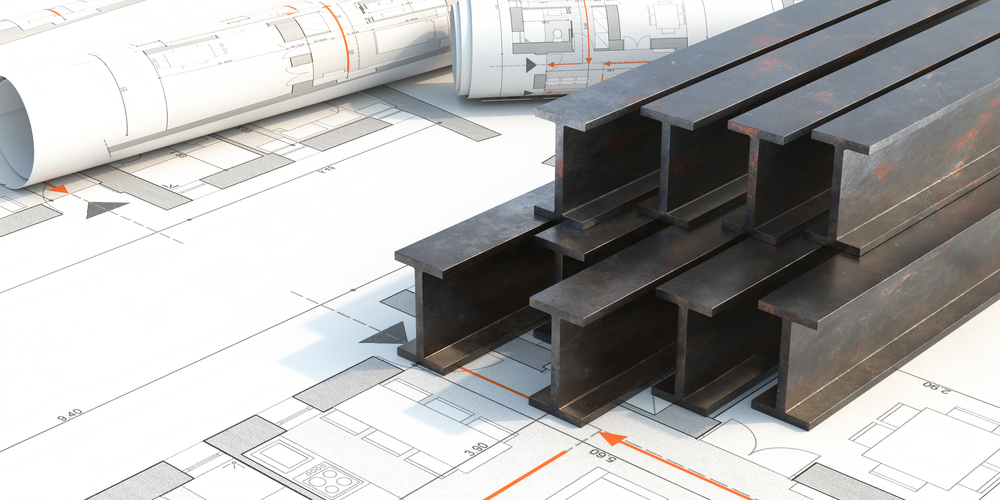
One of the most well know forms of engineering is structural engineering. The job of a structural engineer involves developing initial designs to make sure that the structures can withstand the pressures to which they are subjected. This could involve making sure that tall buildings can withstand the forces they are subjected to or calculating the improvements needed to stop structures sinking. By using mathematics and physics a structural engineer can create a model in order to calculate the stress endured by a structure and be able to plan, along with other professionals, a way to keep it safe for people to use. However, a structural engineer is also involved in demolishing a building; calculating the way it can be safely brought down.
Education
There are a number of routes you can take to become a qualified structural engineer, which one you choose depends on your circumstances and which one best suits your strengths. The most common way of becoming a structural engineer is through the academic route. This involves gaining at least five GCSEs graded A*-C (including ones in maths, English and science) before studying A-levels (usually in maths, science or design) and gaining entry on to a university course. These are either three to four year bachelor degrees (BEng) or four to five year masters degrees (MEng).
If you would prefer a more vocational training you could study a B-TEC or Higher National Diploma (HND) or Certificate (HNC). These courses focus mainly on providing practical experience in the world of engineering while also offering theoretical basing. In order to further your career as far as possible, and be offered the top jobs in engineering, you will then have to gain entry to a degree course.
Another option is available to those who already work in the engineering trade but lack formal qualifications. By studying part-time you can gain a National Vocational Qualification (NVQ) or the Scottish equivalent (SVQ). You can then use this, along with your practical experience, to gain entry to a degree course and even going on to become a member of the Institute of Structural Engineering (IStructE) which will enable you to get the best jobs in the industry.
Skills
If you are thinking of a career in structural engineering you will probably already have an interest in drawing, computers, unusual buildings or maths. In order to be a great structural engineer you should have excellent communication skills, be good at organisation and enjoy thinking of solutions to difficult problems.
Experience
To gain experience in structural engineering you may apply to a structural engineering firm for work experience or even get a part time job in order to get a taste of the environment in which you will work. While studying at university you will be introduced to the practical elements of the job as well as studying in-depth the academic skills you will use throughout your career. Most university courses also offer a chance to carry out a placement year where your progress within the industry will count towards your degree.
Once you have finished your degree you will be qualified as a chartered engineer and eligible to become a member of the IStructE. Unless you have already completed an NVQ/SVQ you must first complete a period of professional practice before applying to become a corporate or chartered member of the IStructE, which can be done in conjunction with your employer. To become a corporate member of the IStructE you must hold a bachelor degree from an accredited institution whereas to become a chartered member you must hold a masters degree.
Salary
Entry level jobs for recently graduated engineers typically carry a salary of between £22,000 and 30,000 depending on experience. If you become a corporate member of the IStructE a typical salary rises to around £36,000 whereas a chartered member can find employment paying over £50,000 a year.
